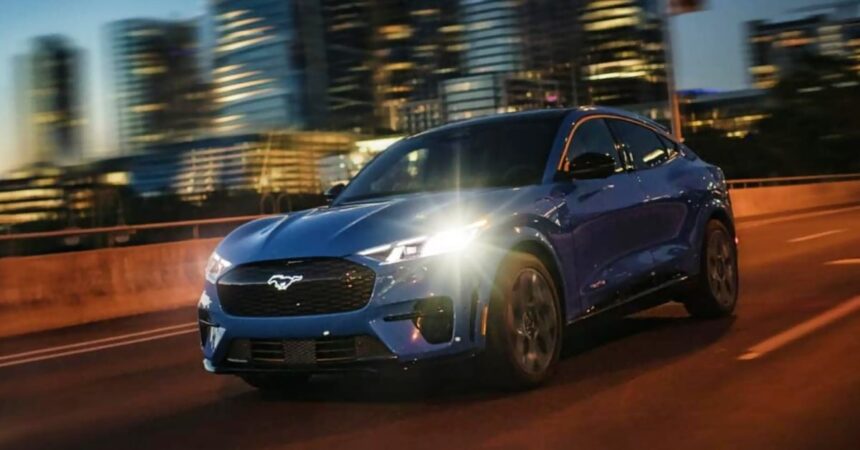Ford and LG have recently signed a new agreement that will see the production of EV batteries for the Ford Mustang Mach-E move from Poland to a facility in Michigan by 2025. This decision is largely influenced by the tax credits and incentives available in the United States, making it more advantageous for the companies to produce batteries locally.
This strategic move allows Ford to take advantage of America’s various incentives for electric vehicles, while LG plans to supply a total of 109 GWh of batteries to Ford for its electric commercial vans in Europe starting in 2026. David Kim, CEO of LG Energy Solution, highlighted the company’s expertise in powering commercial vehicles with innovative battery technologies tailored to handle extreme conditions, aiming to secure a leadership position in the European market.
The collaboration between Ford and LG is not an isolated case in the automotive industry. Other automakers, such as Toyota, are also entering into strategic agreements to establish American battery supply chains to qualify for the New Clean Vehicle Tax Credit. LG Energy is investing $3 billion in its Michigan battery facility to supply lithium to Toyota for use in batteries for future EVs built in the US.
In addition to the partnership with LG, Ford also has a deal with SK On to manufacture batteries in Kentucky for the updated E-Transit commercial van and F-150 Lightning electric pickup starting in mid-2025. This shift towards local battery production aligns with the industry trend of moving towards sustainable and environmentally friendly manufacturing practices.
The move towards electric vehicles and sustainable energy sources is essential in reducing our reliance on fossil fuels and combating climate change. Government incentives and subsidies for the electric vehicle market are crucial in accelerating this transition and leveling the playing field with traditional fossil fuel industries.
Overall, the shift towards local battery production for electric vehicles is a step in the right direction for the automotive industry. By leveraging incentives and tax credits, automakers like Ford and Toyota are paving the way for a more sustainable and environmentally friendly future.







